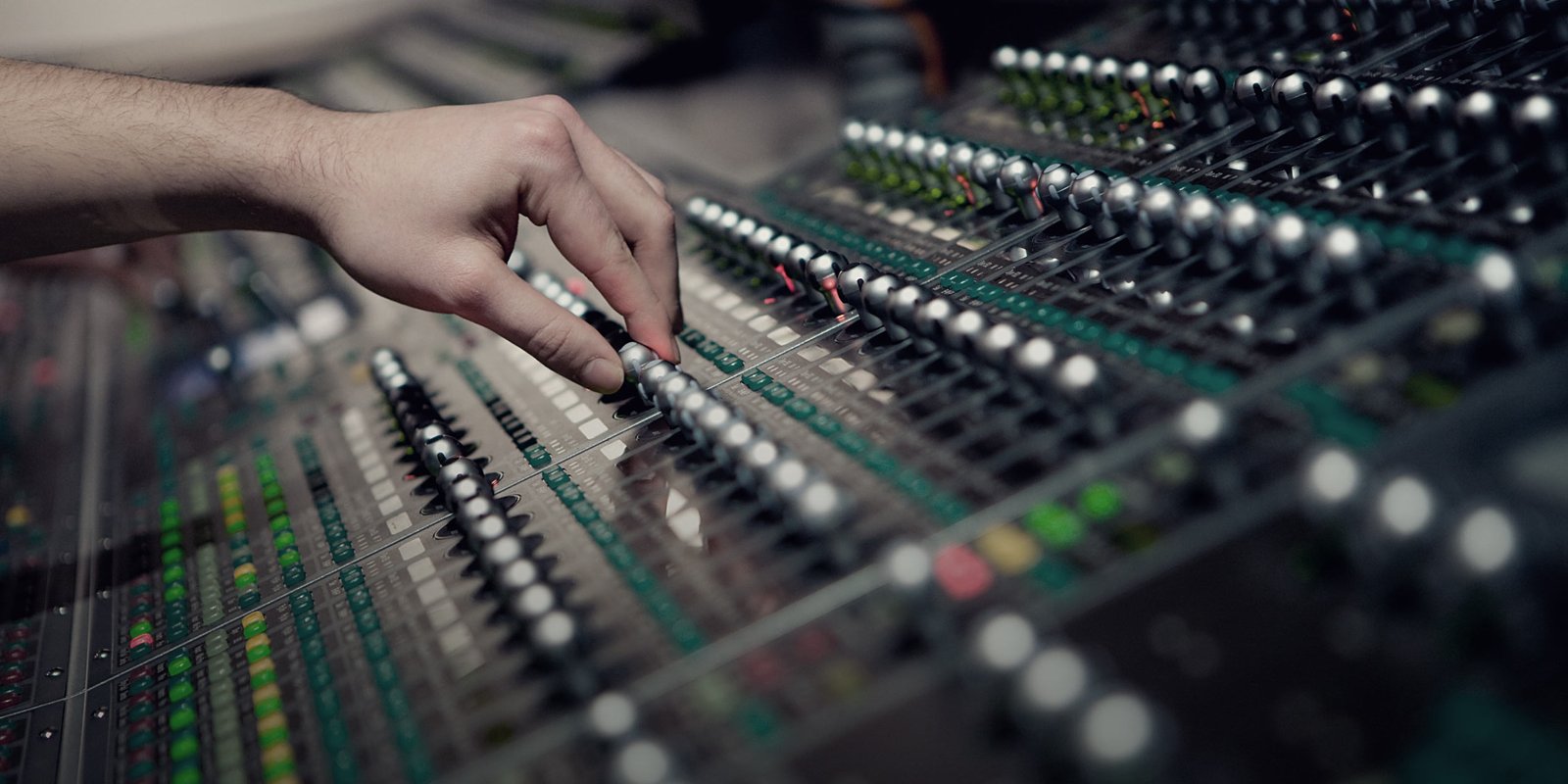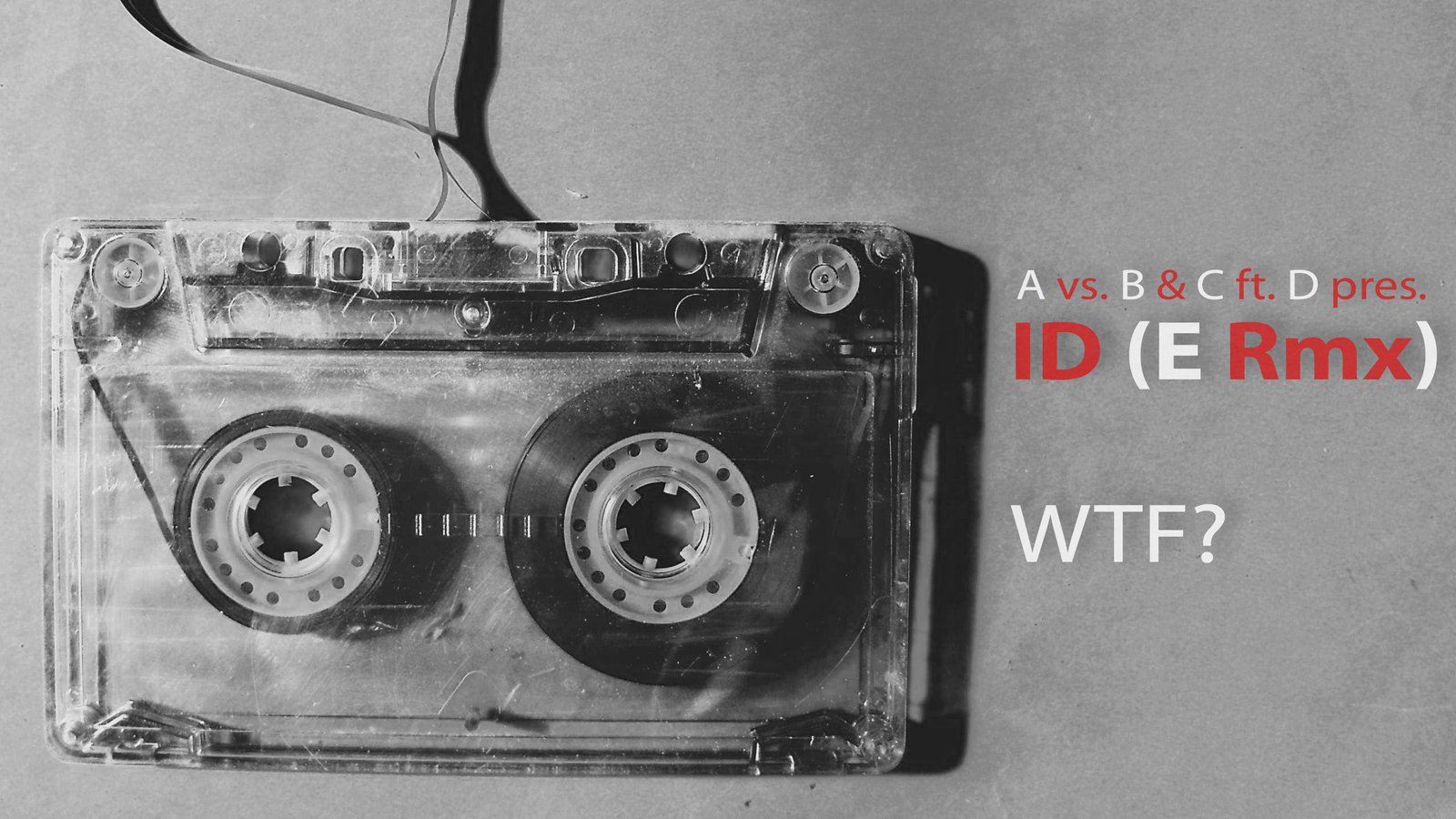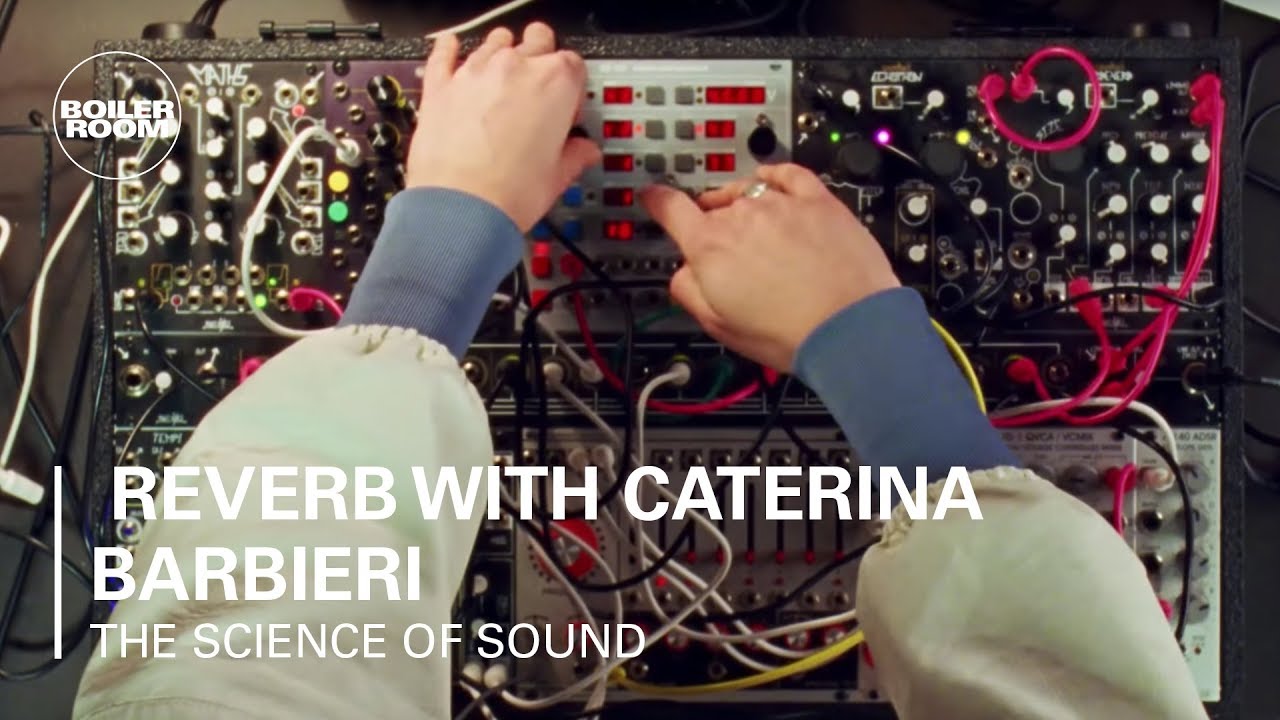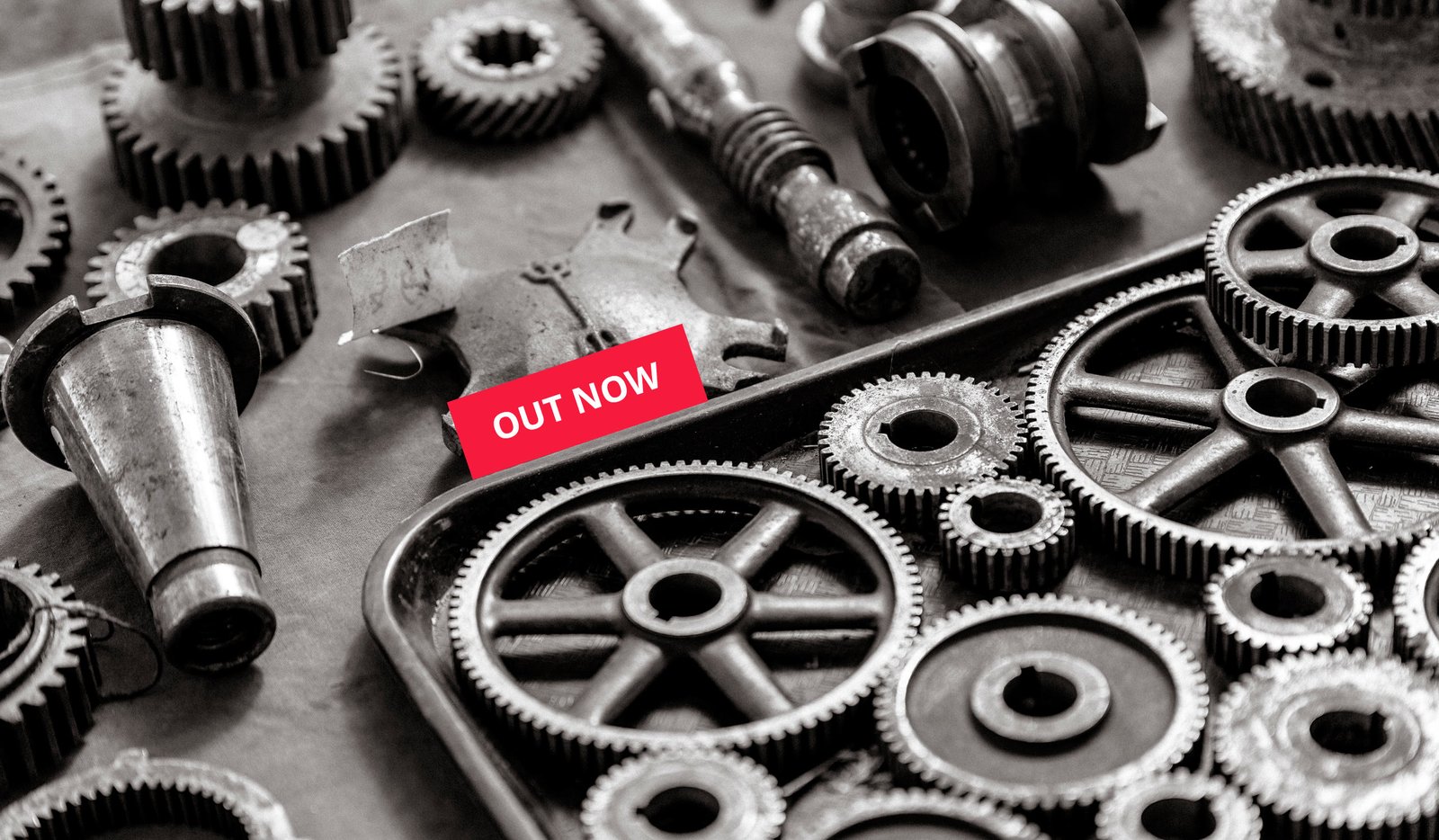Having mastering plugins on a bus while writing and mixing

A couple of questions about mixing and mastering. I have read advice that you should have a mastering plugin, e. g. iZotope Ozone, on your master bus while writing and mixing so that you are hearing a more finished sound. Would you suggest this, or do you prefer to mix first on a clean bus, then master?
Also, if and when you send a finished track to a label, would you mix and master yourself, or would they prefer to have all the individual tracks and mix it themselves? And do most labels have an in-house mastering engineer who would master the track?
Hamish Strachan
Hamish, I don’t know who advised putting mastering plugins on a master channel while writing music, and although I’m not saying it’s wrong, I would not suggest doing this.
Order matters
Every track has its production cycle, and each stage has a specific purpose:
| Stage | Purpose |
| Composing | To get some basic ideas to work with: melodies, vocal, etc |
| Sound design | To make each individual part sounds great |
| Arrangement | To tell a story on a 2-dimensional timeline |
| Mixing | To make all separate parts sounds great as a whole in a 3-dimensional space |
| Mastering | To make a master copy for a further distribution |
It is important to understand that each next step is not designed to fix the issues caused by a previous step. For example, if the lead is too loud, you have to go back and change the mixdown accordingly rather than trying to fix it while mastering. Or if the kick is too dull, you have to change the sound in the source rather than trying to fix it on mixing or on a mastering stage. That’s why music production goes in this direction, not in reversed order.
“The Biggest Home Studio Lie We Tell Ourselves”, Graham Cochrane
But what the point of adding mastering plugins while your track is only half-finished? In order to make a quality mastering, you have to have a quality mixdown in the first place, not vice versa.
I’m not alone in such thinking, and I’d like to put these quote here from two credible engineers:
“Limiting the main output bus during mixdown is a whole different kettle of fish because the main purpose of full-mix limiting is simply to boost the subjective loudness within the digital headroom. As such it’s usually much faster-acting, and the goal is usually to make as little difference to the mix balance as possible. Furthermore, setting up a limiter for the best results is usually a delicate process, where small shifts of the input level and plug-in controls can make big differences to the sound. So on the basis that mastering limiting shouldn’t normally affect mix balance, and that it adds to the already considerable complication of creating a decent mix, I usually recommend that this process be left until after mixdown.”
“Why shouldn’t I use mastering limiting during mixing?”. Mike Senior, Sound On Sound Magazine
“The best thing you can do if you are mastering your own material, is to consider mastering as a separate process and give it the attention it deserves, at the proper time. When mixing you should only care about mixing. You really shouldn’t worry much about how loud the final mix will be. [...] Then when you’ve got a great mix going, you can bounce it down to a stereo file and park it for mastering.”
“Should You Master While You Mix?”. Graham Cochrane, The Recording Revolution Blog
Music producer ≠ mastering engineer
I would also like to clarify one thing: not every music producer is a good mastering engineer, and not every engineer is a music producer at all. Basically, these two are very distinctive roles that require a different set of skills and equipment.
Of course, you can learn how to do it yourself, but is this what you want? Next, are you going to master graphic design to make your own cover artworks? You surely can, but does this agrees with your goals as a music producer?
I have a simple principle: don’t do shit. I have a digital reflex camera, but I won’t take pictures of myself for a press kit. I have some skills in graphics, but I won’t design a logo for myself. Same applies for mastering, and many other fields. Just because the fact that I have a camera, graphic skills and mastering plugins doesn’t make me a great photographer, designer, or engineer. Let professionals do this job, those who dedicated their lives to doing these things great.
As for your second question, it deserves separate advice which I’ll go over next time.
Speaking of professionals: ‘Daniel Lesden’ logo is designed by Nebojša Nađj, press photos are shot by Anatoly Shostak, and the website is made at Mirai Art Studio. I’m happy that I’ve been worked with these people, and proud of the results. Be sure to check out the list of recommended audio engineers, too.





Thanks for clearing that up for me.
I can’t remember where I read that, but I’ll ignore it.
This is why I like your blog. There’s so much information on the internet written by people that don’t know what they are talking about.
Can I just ask... Do you have anything on your master bus at all?
Don’t rely solely on my blog either, remember this is only one man’s opinion (well, three men’s in this case since there are two quotes above) :-)
I always put a limiter on a master channel with default settings, but it has nothing in common with mastering. This is purely for precautions, you know, for the things like accidental rotate of a resonance knob while sitting in headphones. Nothing other than that. I do all processing on the individual channels, groups, and via send-return.
I think the root to why many people struggling with this is a missunderstaning to what ‘mixing’ and ‘mastering’ are, and when to apply it.
One tip is to mix as you go along making the track. It has alot of benefits, for example it will save you time instead of just throwing it all in your daw and start to mix when the arrangement is done. Its also beneficial if you have a cpu-hungry project. Its hard to mix when the audio is clipping due to CPU-spikes
Good point!
Your ‘advice’ is completely out of context for the average bedroom producer. Not everyone has money to waste on douche bags calling themselves graphic designers.When in truth you can learn all these things & have thousands on dollars left in your pocket.
I have so many words to say, so I’ve decided to write a separate blog about this topic. Thank you for your comment!